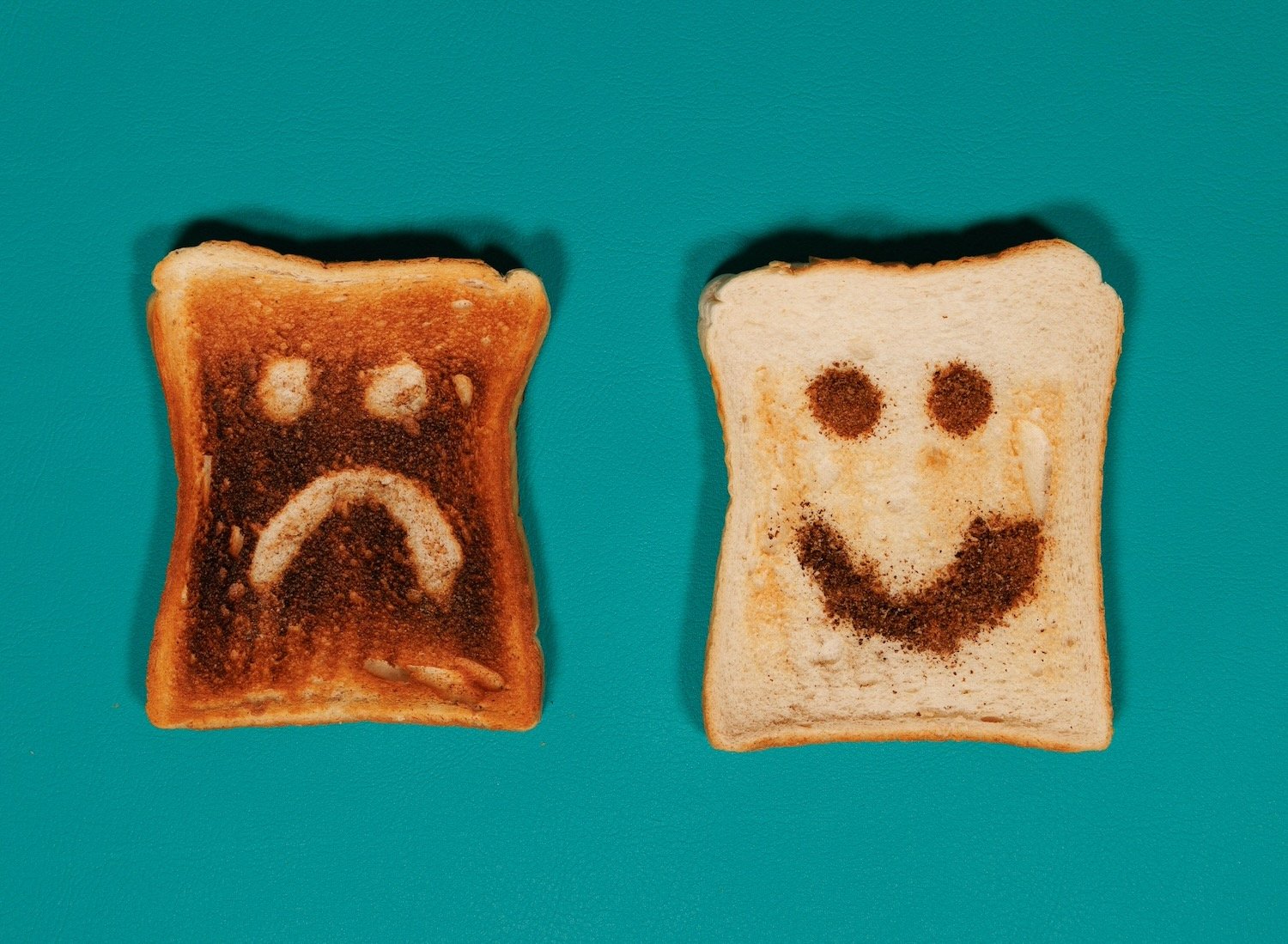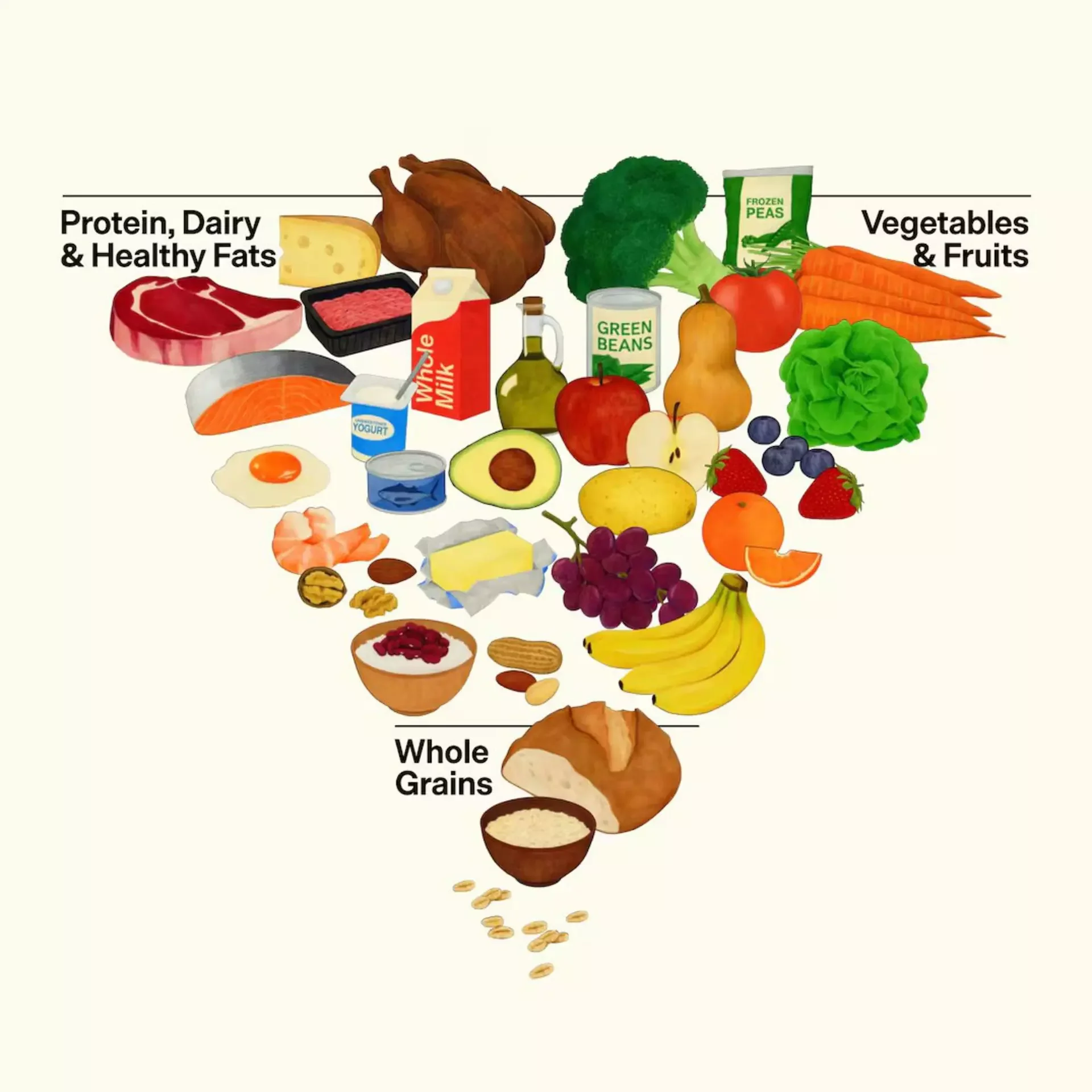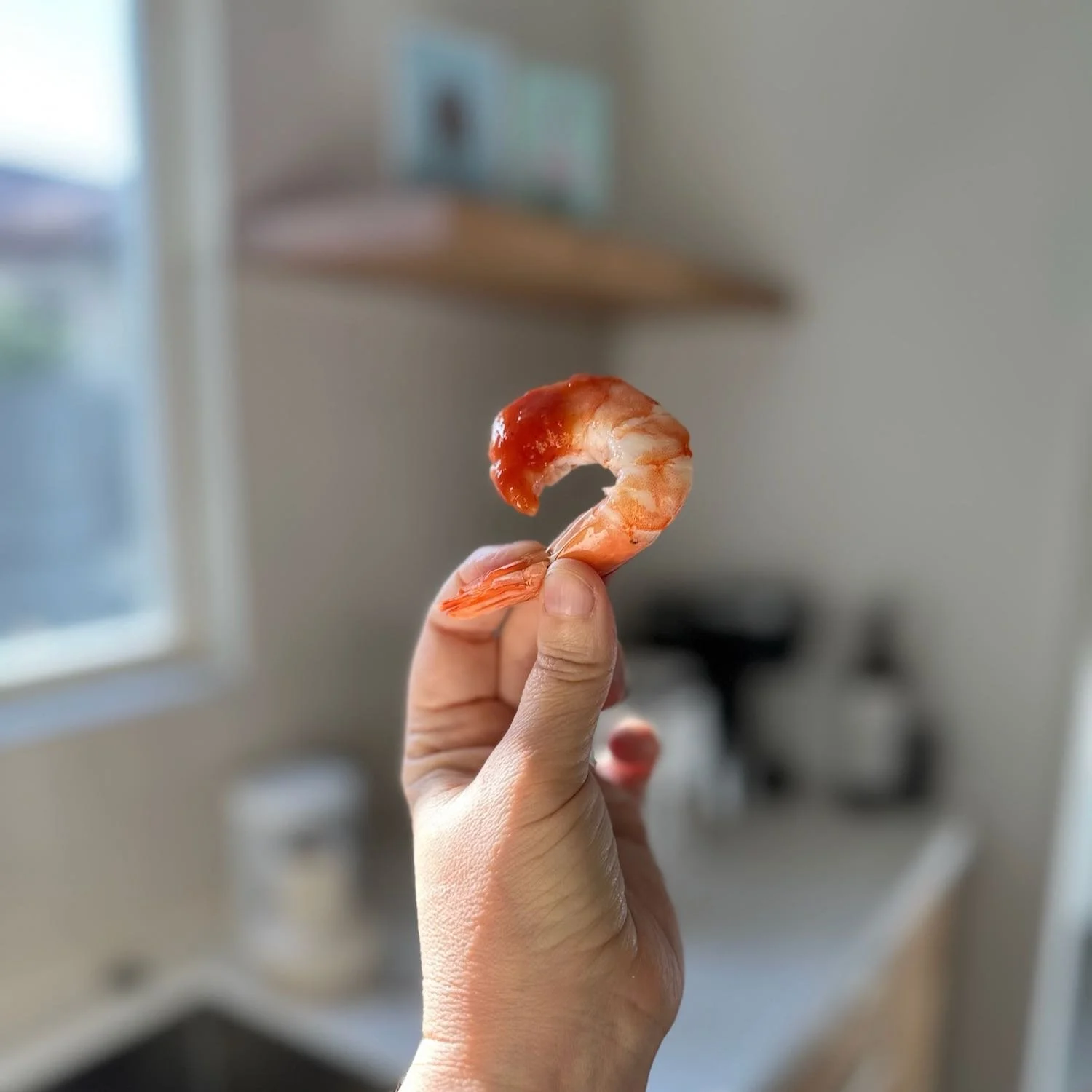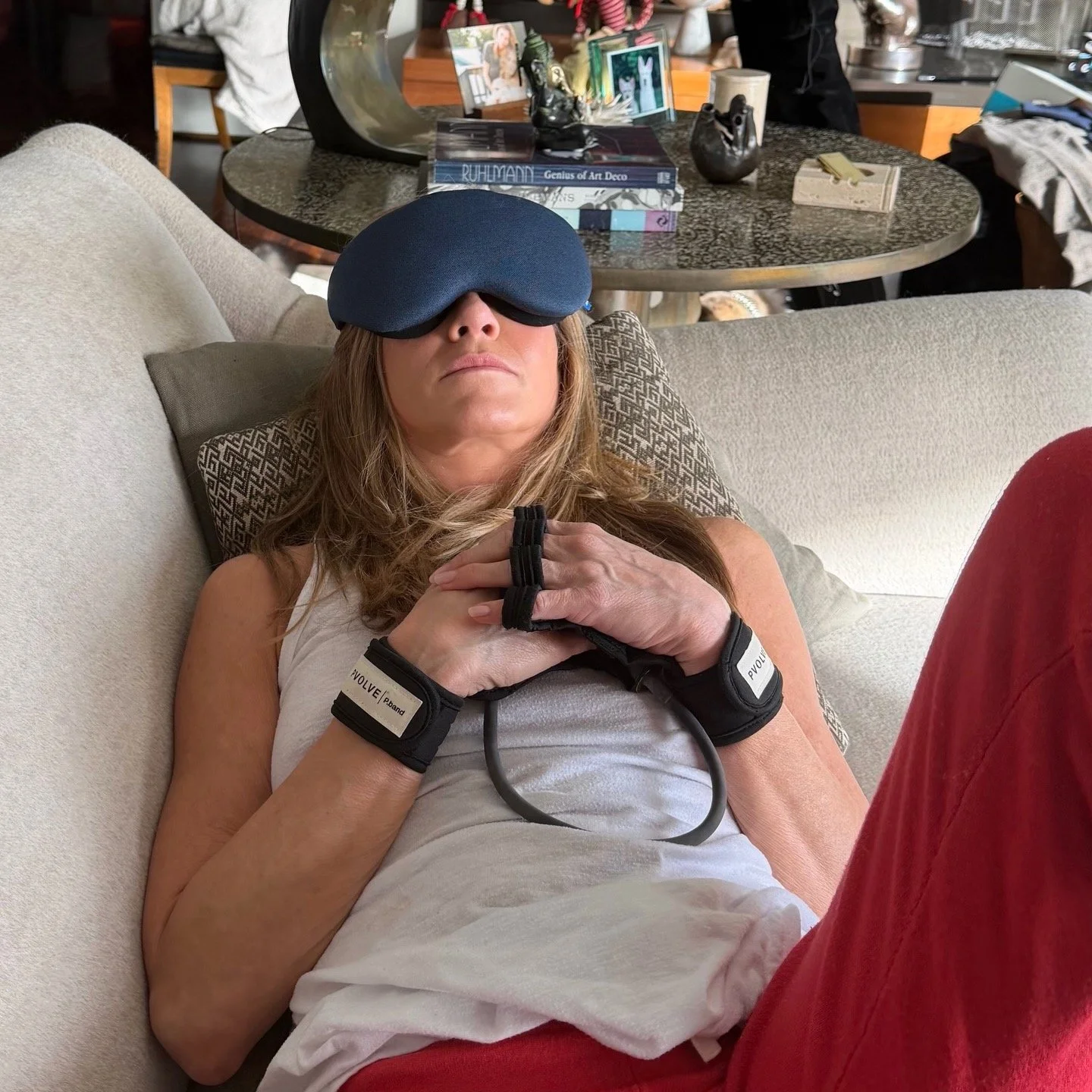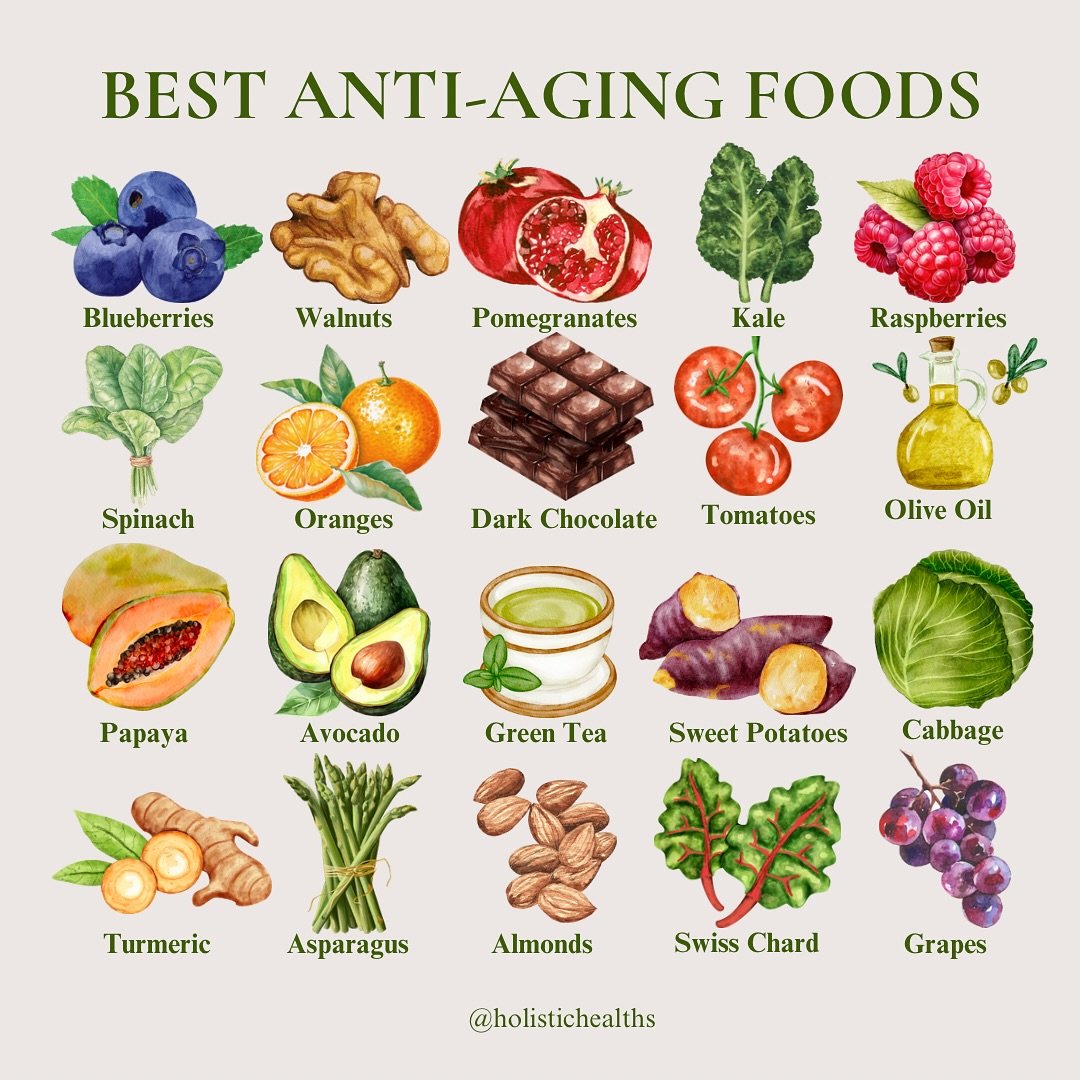These 11 Foods Are Making You Look Old
Some are obvious. Some are not.
by The Candidly Team
It’s obvious that we like writing about skincare. We write about it under the umbrella of beauty, focusing on things like the only 3 anti-aging products that really do anything and the easiest ways to achieve no-makeup makeup after 40.
But we also write about is as a topic of health. And that’s because aging itself is not just about beauty, it’s about health. The same things that make us less likely to live longer, healthier lives are often the ones that make us look older.
So when we say, let’s talk about the foods that age us, we’re not just looking out for our crow’s feet. We’re looking out for our overall well-being, our longevity, our vitality. The whole shebang, as none of the kids say.
And since no amount of skincare is likely to erase the damage we do by putting stuff into our bodies that’s just plain bad for our skin, we figured it’s time to highlight some of the culinary culprits that can escalate aging.
So, let’s get to the dirty (almost) dozen:
1. French fries (aka all fried foods, but we’re most bummed about French fries)
Too much salt just sucks the hydration out of us, and that includes our skin. But fried foods in general are cooked in oil at a temperature that can release free radicals. These wreak havoc on the skin, causing cellular damage and ultimately contributing to a loss of tautness, according to Healthline. We did manage to come up with some tasty fry alternatives that we make at home HERE, but cooking oils at high heats is generally best avoided.
2. Charred meats
Like with fries, the way we cook our meat can be part of the problem. High heat grilling produces elevated levels of something called AGEs, which can increase inflammation. Inflammation contributes to every disease you can imagine from Alzheimer’s to cancer, but it’s also believed to accelerate the aging process,” wrote Brown University. It’s a relationship sometimes refered to as “inflammaging,” which we would find clever if it wasn’t all so depressing.
3. Salt
We get warned about the woes of sodium all the time, and sadly, it does not seem to spare our skin. In an interview with Yahoo, Dr. Simran Sethi, MD, describes how “when there is an excess of salt and glucose in the body, it cross-links with collagen and elastin, proteins that give our skin its firmness and elasticity … elevated sugar and salt intake hardens skin proteins, making your skin weaker, thinner and less hydrated.”
4. Sweets
Just like salt, sugar makes us look older. We did a deep dive into this connection HERE. For starters “sugar can trigger hormonal shifts in the body and intensify glycation, which can lead to a poor complexion and the breakdown of collagen, wrote Dr. Lancer. AGEs also form when our blood sugar is high, so once again we get an increase in inflammation.
When we think of sweets, yes, we mean baked goods like cookies and ice cream and desserts, but we should also be aware of more hidden sugars: the flavored yogurts, the bars and cereals parading themselves as healthy that are actually high in sugar and/or highly processed.
5. Soda
Soda gets its own category even though it’s mainly because of its insanely high sugar content that it’s so bad for you. Plus, as the video below points out, there’s no fiber in soda to help regulate blood sugar levels.
6. Processed meats
There are far, far safer ways to get protein than by consuming things like hot dogs, bacon, sausage, salami, and pepperoni, all which are high in sodium, saturated fats, and sulfite. According to Healthline, these “can all dehydrate the skin and weaken collagen.”
7. Alcohol
Alcohol can interfere with your body’s ability to build collagen and elastin and can damage the skin barrier. As Prevention reported, beer might be a particularly bad choice for skin as it contains a kind of sugar that can increase glycation, the process that sparks the production of AGEs.
8. Trans fats, including those found in margarine
We grew up in the age of margarine, but it now gets put on every list of aging foods out there due to its trans fats content. Once again, this is super inflammatory and destructive to the skin … amongst other things.
9. Refined carbohydrates
Think of the white versions of foods like pasta and bread. These can spike your blood sugar and again, increase inflammation and affect collagen production. Choose whole grains instead, whenever possible.
10. Processed snack foods
So many packaged things that are so easy to reach for tend to be high in salt and sugar, but recent studies have also linked ultra processed foods with an accelerated biological age.
11. Instant noodles and frozen meals
One word: sodium. It can be off the charts in many of these quick and common packaged meal options. Additives like salts and sugars are often high in these meals and they can tend to be pretty processed as well.
So what helps with aging?
As always, we like to leave you on a helpful note and not just tell you sorry, all this stuff you probably enjoy is destroying you from the inside out.
We got into a whole long list of things that are scientifically show to help you keep looking and feeling younger, which you can read in full HERE, but here are some highlights:
Exercise regularly.
Make sure you get enough good quality sleep.
Hydrate.
Eat lots of fiber. Learn about what foods are highest in fiber HERE.
Eat healthy fats (Omega 3s). Learn more about what these are HERE.
Go hard on fruits and veg and whole nutritious foods.
This may all feel obvious or like you already know it, but we actually think that’s a good thing. In fact, we can think of no better goal for this article than to reaffirm your existing healthy practices and reassure you that they’re worth it, perhaps in new ways - like keeping you looking young.
Bottom line - keep going! And if you need a relaxing dose of lighter, less medically centered skincare advice, please feel free to join us HERE.
This article is for informational purposes only. It is not intended to be used in place of professional advice, medical treatment, or professional care in any way. This article is not intended to be and should not be a substitute for professional care, advice or treatment. Please consult with your physician or healthcare provider before changing any health regimen. This article is not intended to diagnose, treat, or prevent disease of any kind. Read our Terms & Conditions and Privacy Policy.

